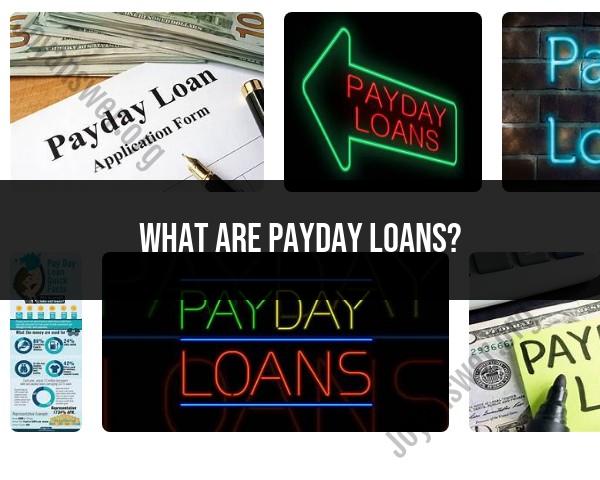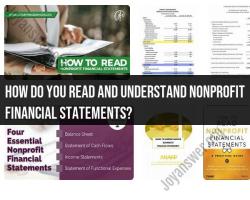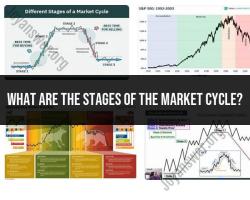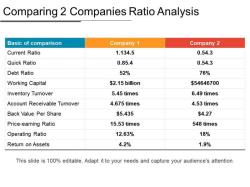What are payday loans?
Payday loans are small, short-term loans typically used by borrowers to cover urgent or unexpected expenses until their next payday. They are often called "payday advance loans," "cash advance loans," or "check advance loans." These loans are designed to provide fast access to a relatively small amount of cash, usually for a brief period. Here are the key characteristics and components of payday loans:
Short-Term Nature: Payday loans are meant to be short-term solutions, typically covering a borrower's expenses until their next paycheck, which is usually within two to four weeks.
Small Loan Amounts: Payday loans typically provide relatively small loan amounts, typically ranging from $100 to $1,000, depending on state regulations and the lender.
Quick Access: Payday loans are known for their speed and convenience. Borrowers can often apply online or in-store and receive the funds within the same day or the next business day.
High Interest Rates: One of the most significant drawbacks of payday loans is their high cost. The interest rates for payday loans are usually much higher than those of traditional loans. Annual Percentage Rates (APRs) for payday loans can exceed 400% in some cases, making them an expensive form of borrowing.
No Credit Check: Payday lenders typically do not perform traditional credit checks, which means that people with poor credit or no credit history may still be eligible for a payday loan.
Post-Dated Check or Automatic Debit Authorization: To secure a payday loan, borrowers usually write a post-dated check for the loan amount or provide authorization for an automatic debit from their bank account on the due date.
Rolling Over or Renewing: Some borrowers find it difficult to repay the full loan amount on the due date, leading them to roll over the loan by paying a fee to extend the due date or taking out a new loan to cover the old one. This can create a cycle of debt with accumulating fees and interest.
Legal Regulations: The regulation of payday loans varies by state, with some states imposing strict regulations and others having fewer restrictions or none at all. These regulations may include maximum loan amounts, fees, and rollover restrictions.
Predatory Lending Concerns: Payday lending has faced criticism for engaging in predatory lending practices, including aggressive marketing, hidden fees, and misleading terms that can lead borrowers into a cycle of debt.
Alternatives and Considerations: Before turning to payday loans, borrowers should explore alternative sources of funds, such as personal loans from traditional banks or credit unions, credit card cash advances, or borrowing from friends and family. Payday loans should be considered as a last resort due to their high costs and potential risks.
In summary, payday loans are a form of short-term, high-cost borrowing designed to provide quick cash for urgent needs. While they can be a financial lifeline for some, their high interest rates and the risk of falling into a cycle of debt make them a less desirable option for many borrowers. If you're considering a payday loan, it's essential to carefully read and understand the terms and to explore alternative solutions to address your financial needs.
Payday Loans: What You Need to Know
Payday loans are short-term, high-interest loans that are typically due on the borrower's next payday. They are often marketed as a quick and easy way to get cash when you need it, but they come with a number of risks and drawbacks.
The Basics of Payday Loans and Their Use
To qualify for a payday loan, borrowers typically need to provide proof of income and a checking account. The amount of money that can be borrowed varies by state, but it is typically between $200 and $500. The loan is typically due in full on the borrower's next payday, plus interest and fees.
Payday loans are often used to cover unexpected expenses, such as a car repair or medical bill. They can also be used to bridge the gap between paychecks.
Weighing the Pros and Cons of Payday Lending
Pros of payday lending:
- Quick and easy access to cash
- No credit check required
- Can be used for any purpose
Cons of payday lending:
- High interest rates
- Short repayment terms
- Predatory lending practices by some lenders
Responsible Borrowing and Repayment with Payday Loans
If you are considering taking out a payday loan, it is important to borrow responsibly and to have a plan for how you will repay the loan. Here are some tips:
- Only borrow what you can afford to repay on your next payday.
- Be aware of the interest rates and fees associated with payday loans.
- Have a plan for how you will repay the loan.
- Consider alternative options, such as cash advance apps or payday loan alternatives.
If you are unable to repay your payday loan on time, you may be able to roll over the loan. However, this will add additional interest and fees to your loan. It is important to avoid rolling over your payday loan as much as possible.
Managing Financial Needs with Payday Loan Options
If you are struggling to manage your financial needs, there are a number of options available to you. You may want to consider talking to a credit counselor or financial advisor. They can help you to develop a budget and create a plan to pay off your debt.
There are also a number of government assistance programs that can help you with financial difficulties. For example, food stamps and unemployment benefits can help you to make ends meet.
Conclusion
Payday loans can be a helpful option for people who need quick access to cash, but they are important to use responsibly. Be aware of the risks and fees associated with payday loans, and only borrow what you can afford to repay. If you are struggling to manage your financial needs, there are a number of resources available to help you.













